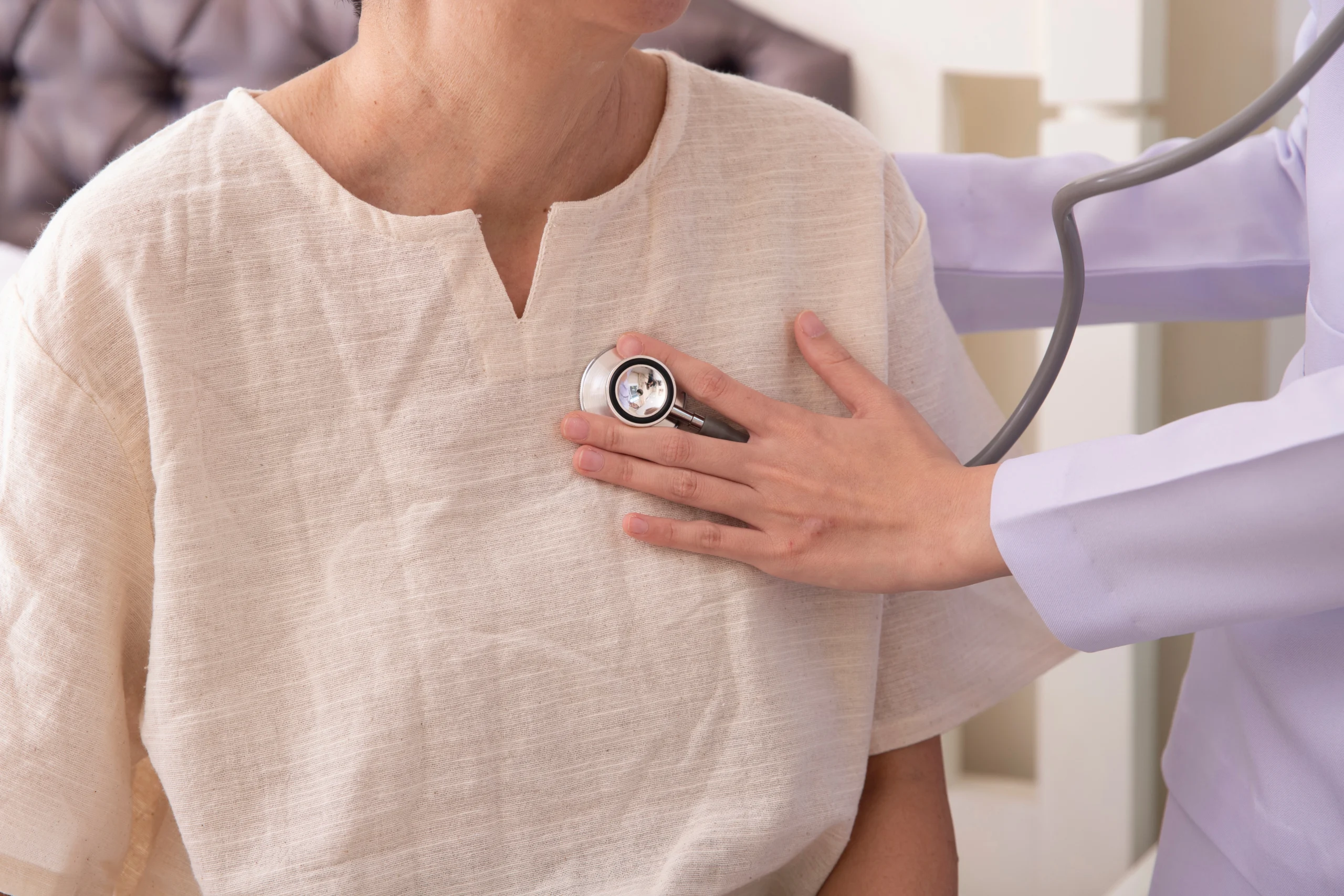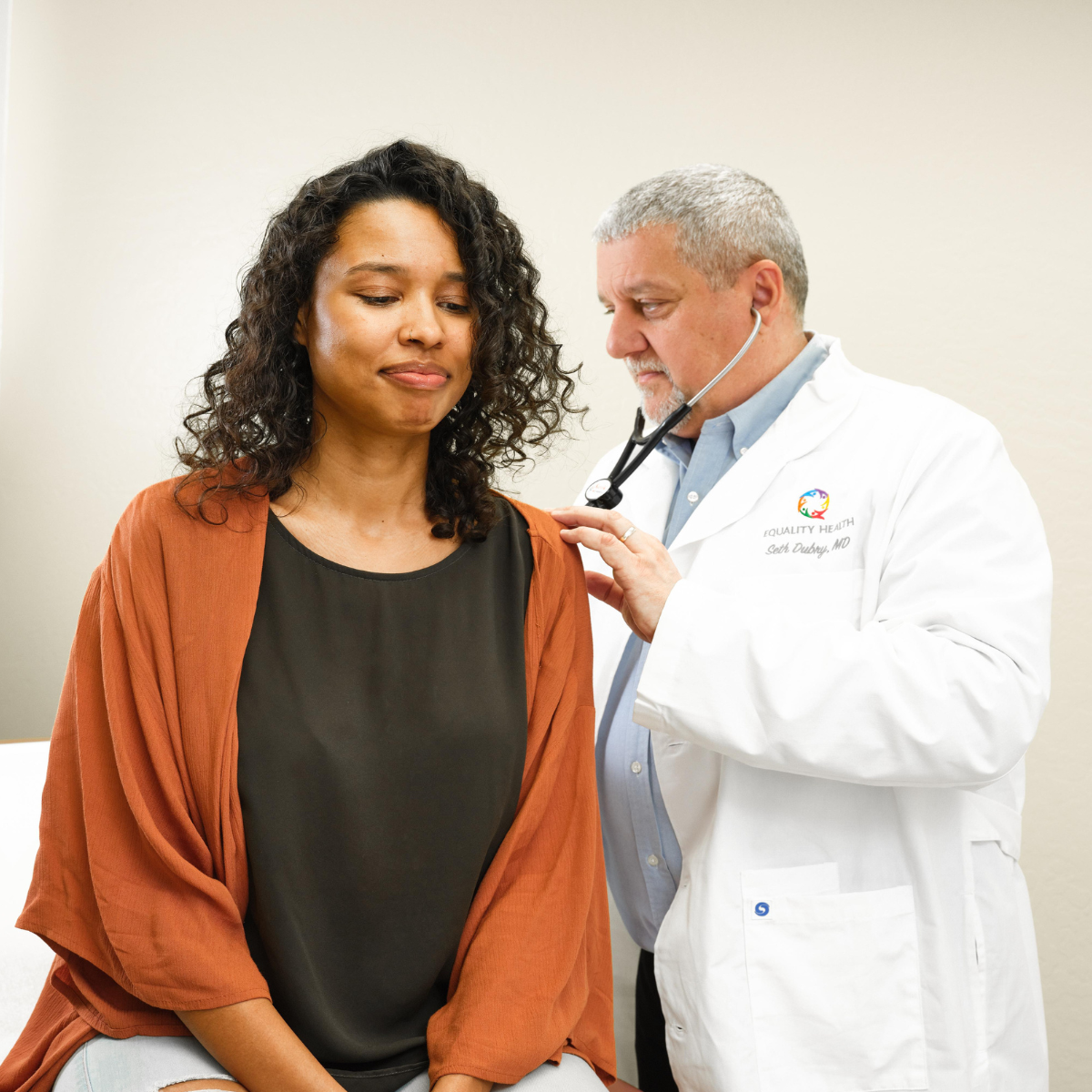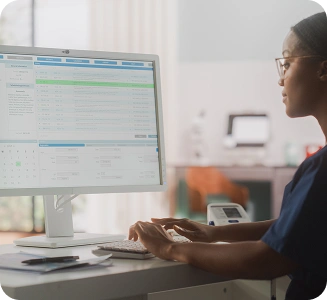Unsung heroes are risking their health and maybe their lives, trying to help people get an accurate diagnosis.
From an early age, Desmond “Des” López, a young, 25-year-old woman born and raised in Arizona, has maintained the call to serve the public as a constant in her life.
When she was only 17 years old, she sought to help people, no matter the risk, and enlisted in the military. Her military experience became an important part of shaping her character and development as an adult.
“My mom has always said that I’m the type of person who looks out for others before myself, without thinking about the risk,” said Des, who is a phlebotomist at Sonora Quest Laboratories.
Today, as part of the Sonora Quest team who performs COVID-19 detection tests for active infection, Des faces what might be her most important challenge.
The work that Des and her team perform is extremely high risk because the ratio of positive COVID-19 detection tests in Maricopa county is 1 in 4, meaning Des and her team have handled samples that contain this highly contagious and potentially lethal virus. This implies a health risk for healthcare workers like Des, and potentially for their families and loved ones too.
It’s worth noting that thanks to the partnership between the Equality Health Foundation and Sonora Quest, as well as community-based organizations and local municipalities, there has been a surge in free COVID-19 testing blitzes. These blitzes are held in communities with a high number of positive cases and areas that have been historically underserved and undertested, with limited access to health services. The events have been made possible by the work of the Equality Health Foundation, whose mission is to provide healthcare services to populations who need it the most, in addition to Sonora Quest’s commitment to provide all Arizonans with access to reliable detection tests. Together, they are accomplishing the goal of testing, educating and providing follow-up care.
The Testing Blitz: A Life Experience
These massive events, usually held on Saturday mornings, have had a special impact on López’s life. She has experienced many emotions, but none compared to the gratitude she sees from the large amount of people who attend the blitz to receive COVID-19 testing for an active infection.
Those working the frontlines at these events, like Des, are required to cover up from head-to-toe to protect themselves from exposure to the virus. “Sometimes it has been overwhelming. It has been very, very hot. And the events have been on Saturdays, after having worked five days during the week, and all you see is endless lines of cars,” she explained. “But at the end of the day, it’s a great feeling, knowing that we were able to test all the people who attended.”
Des reflected, “But I always think there is so much more that needs to be done. There are so many people who may be sick without knowing it. I want to do everything I can to help them.”
Des also highlighted the importance of discipline and self-care during these events, as any misstep made during her work can have severe consequences.
“It is very important to stay hyper-focused on what you’re doing. In order to do that, we need to constantly hydrate ourselves, eat, and take breaks as our work requires careful attention, said Des. “We have the excellent training. We just need to be sure to take care of ourselves so we can do what’s needed to stay safe in a high-risk atmosphere.”
Back at the Homefront
For many, the end of the day is when it’s time to relax and let go of the stress from the work day. It can be as simple as getting home, hugging our family and sitting with them at the dining room table for a nice meal. But that’s not the case after arriving home from a testing event for frontline workers like Des. In fact, going home after a testing event is sometimes more stressful than preparing for the event itself.
When the frontline workers get home after a testing event, there are no hugs, no kisses because they need to focus on preventing the spread of the virus to their families. And it’s a process. First, they dispose of their work clothes immediately and place them in the wash or in a designated place out of reach of other family members. The next step is to take a bath or shower in order to eliminate any possible spread of COVID-19. After, and only after all these steps are followed, can there be contact with families and loved ones.
Des commented on how important her friends and family are to her, and now they are helping her maintain a positive mental attitude during this time of high stress and uncertainty.
“I have a 5-year-old godson, a little sister that’s 15 years old, and my mom. They know what I do, they know the process I have to follow before I greet them. Talking with my godson, coloring with my sister, and playing videogames with them helps me to disconnect from everything that happened during the day,” Des explained.
For Des, after spending quality family time, she has a short rest period, and her day starts early at 5:30 a.m. the next morning. To add to her already full schedule and workload, Des is continuing her studies and plans to become a Lab Technician in the future.
“I just take it one day at a time,” Des said. And that’s how Des and the team at Sonora Quest combat the virus, one test at a time.
Published Prensa Arizona, 07/30/2020





